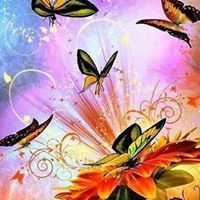Which is the most common fly species found in houses?
The housefly (Musca domestica) is a fly of the suborder Cyclorrhapha. It is believed to have evolved in the Cenozoic era, possibly in the Middle East, and has spread all over the world as a commensal of humans. It is the most common fly species found in houses. Adults are grey to black, with four dark, longitudinal lines on the thorax, slightly hairy bodies, and a single pair of membranous wings. They have red eyes, set farther apart in the slightly larger female.
The female housefly usually mates only once and stores the sperm for later use. She lays batches of about 100 eggs on decaying organic matter such as food waste, carrion, or feces. These soon hatch into legless white larvae, known as maggots. After 2 to 5 days of development, these metamorphose into reddish-brown pupae, about 8 mm (0.3 in) long. Adult flies normally live for 2 to 4 weeks, but can hibernate during the winter. The adults feed on a variety of liquid or semiliquid substances, as well as solid materials which have been softened by their saliva. They can carry pathogens on their bodies and in their faeces, contaminate food, and contribute to the transfer of food-borne illnesses, while, in numbers, they can be physically annoying. For these reasons, they are considered pests.
More Info:
en.wikipedia.org













